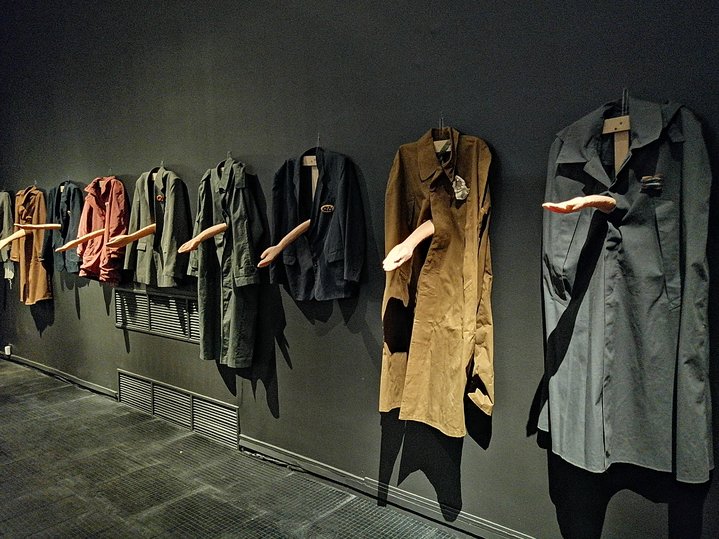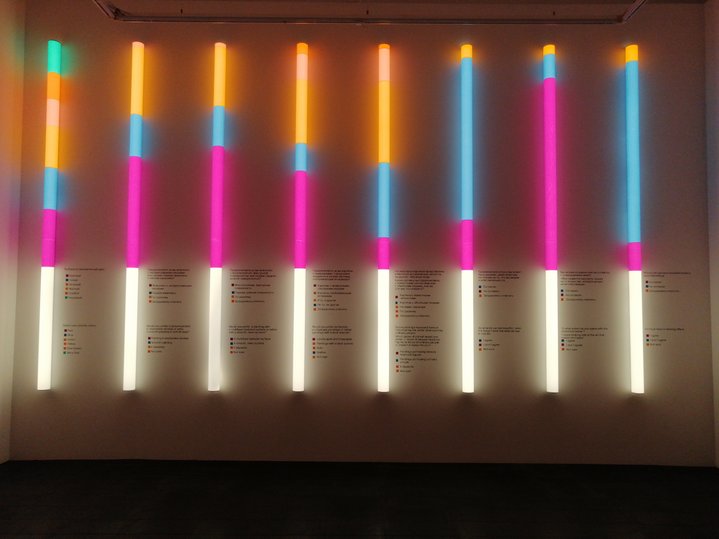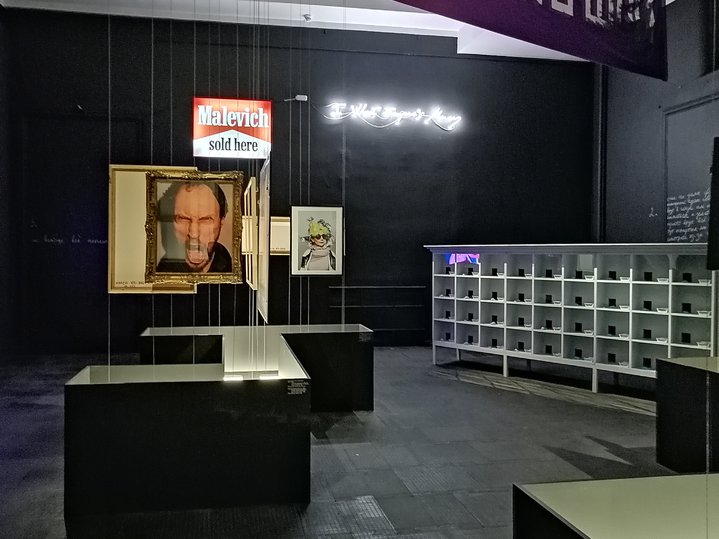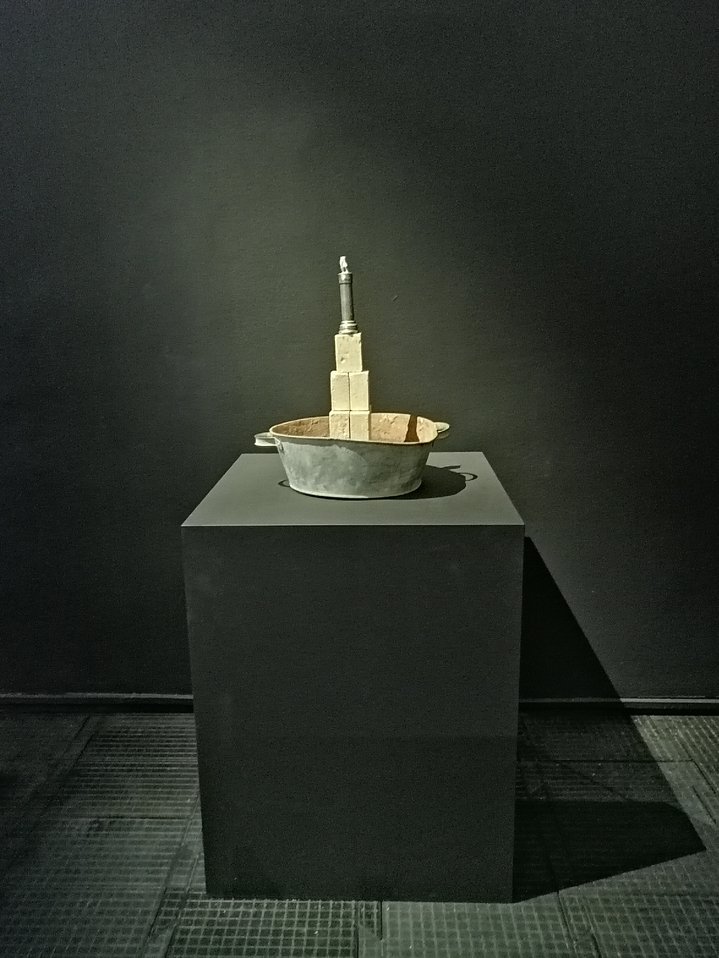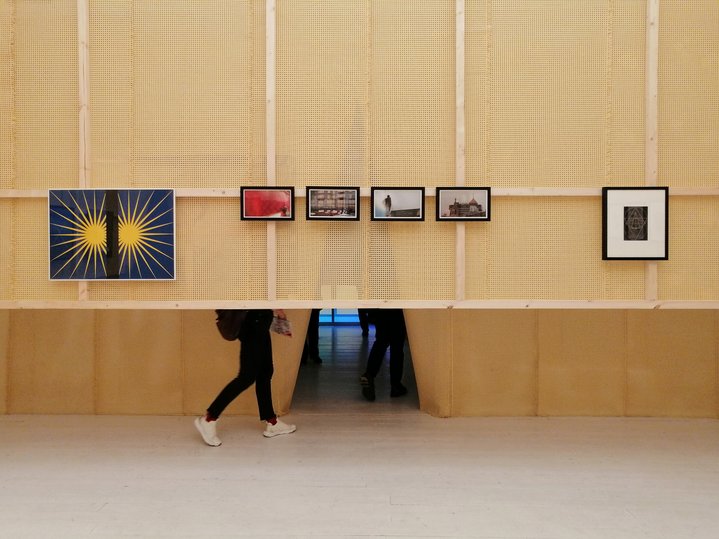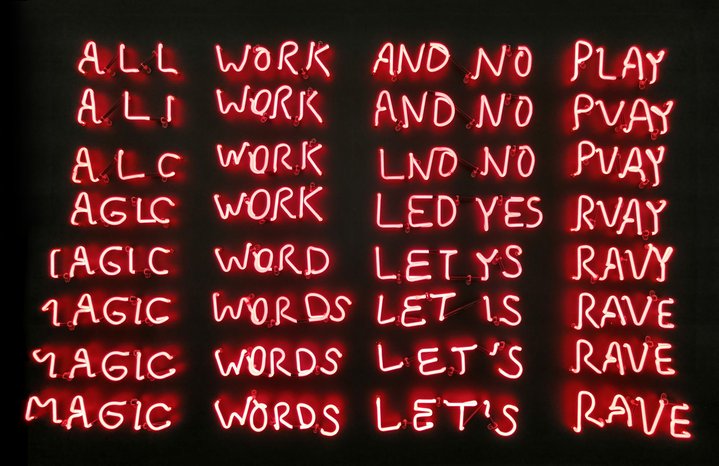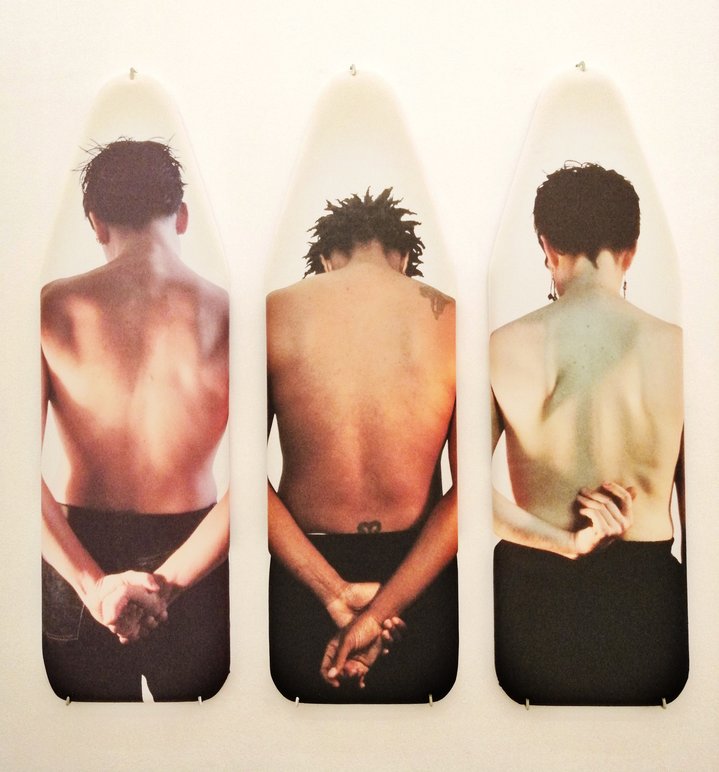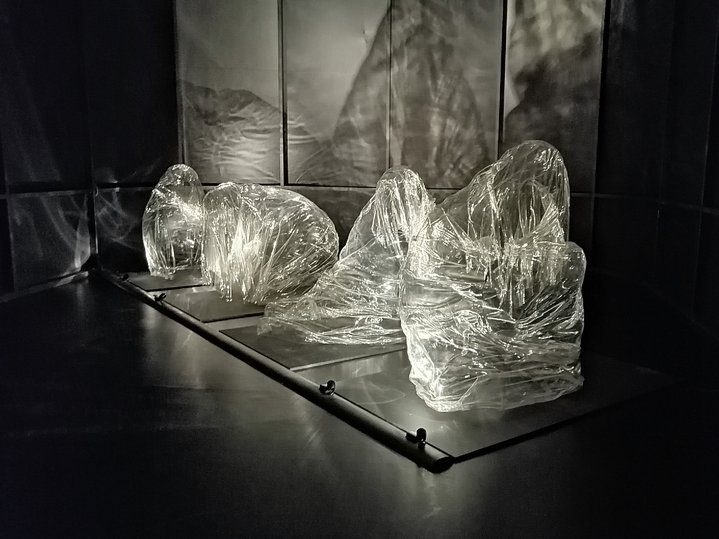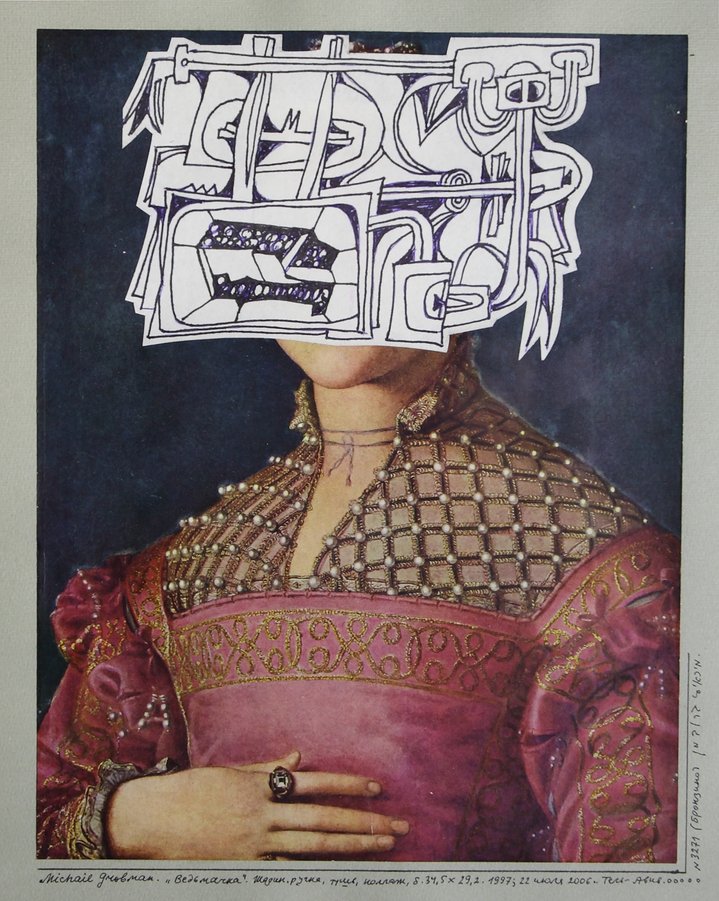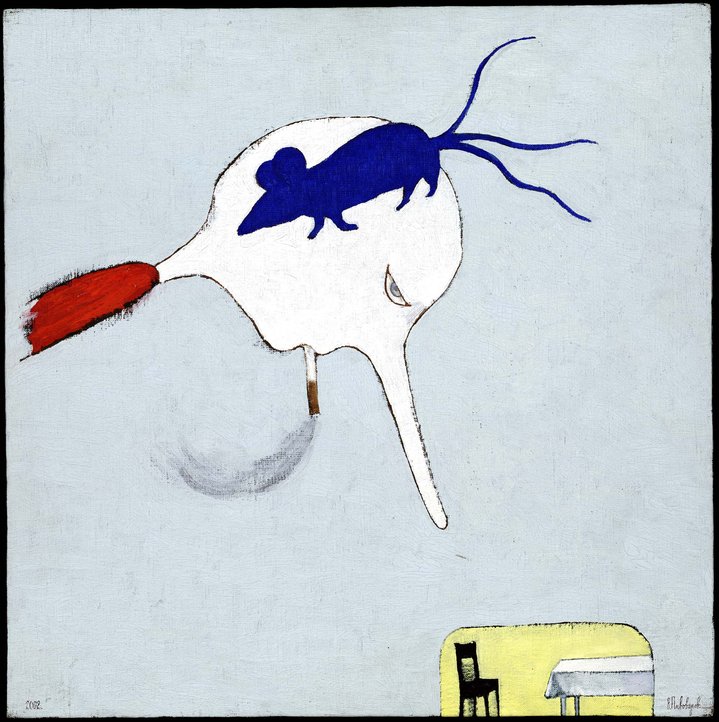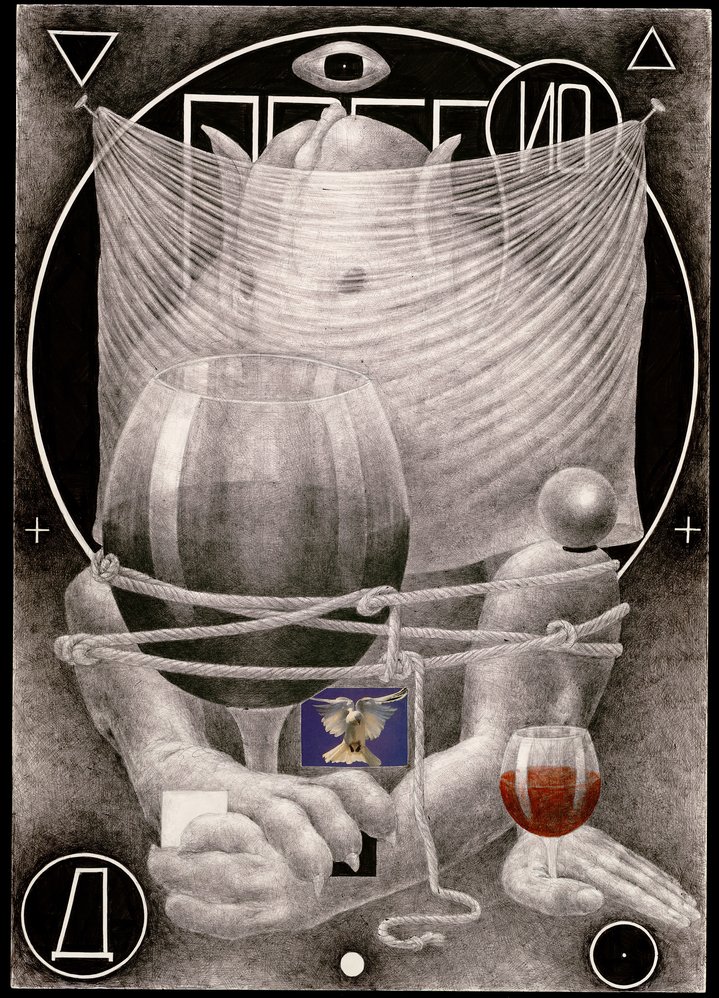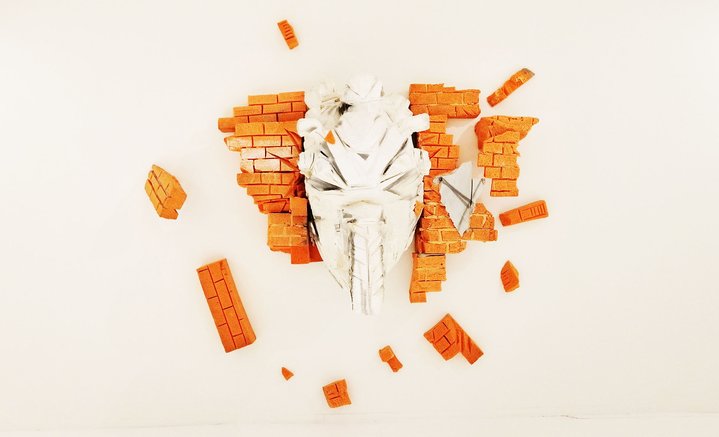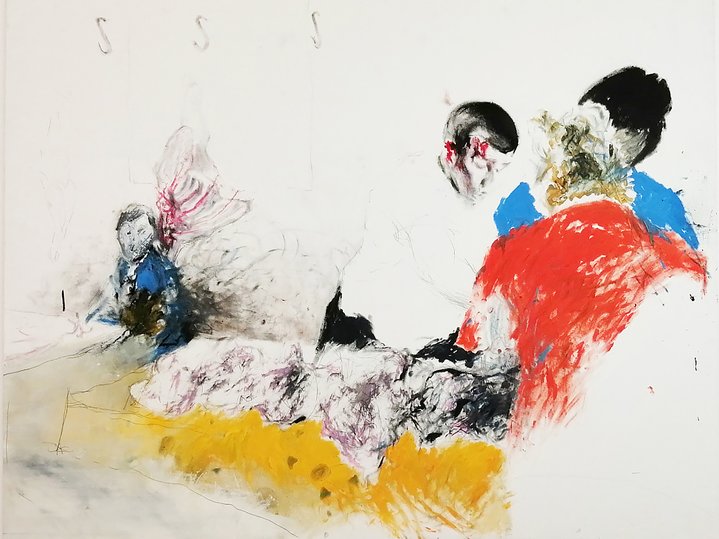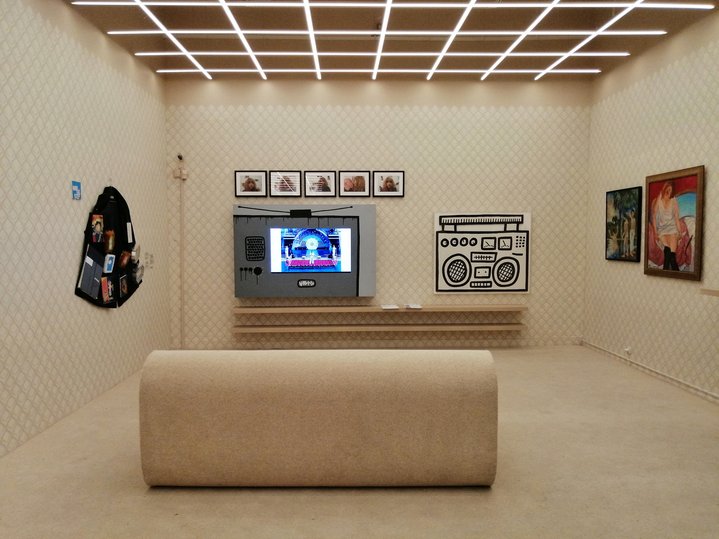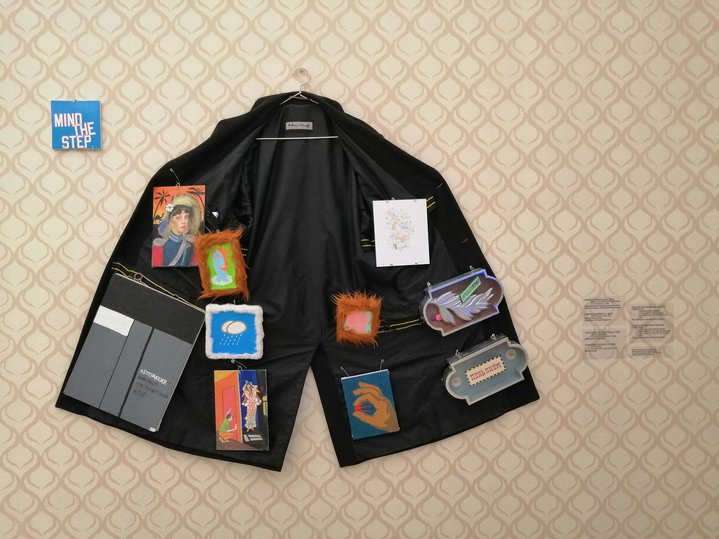Moscow's Museum of Modern Art turns 20
The institution invited 20 celebrities from all walks of life to curate its 20th anniversary exhibition.
Legend has it that after the then Soviet leader Nikita Khrushchev’s visit to New York in 1959, he thought about establishing a modern art museum in Moscow. That idea only became a reality after the collapse of Soviet Union.
The Moscow Museum of Modern Art (MMOMA) was founded in 1999, the year the Y2K computer panic gripped the world and on whose last day Vladimir Putin was named Russia’s new president.
The museum came into existence thanks to the energy and political contacts of artist Zurab Tsereteli (b. 1934), whose influence extends well beyond Moscow, thanks to his position as President of the Russian Academy of Arts. MMOMA is now run by his nephew, Vasili Tsereteli, who was adopted by his uncle.
It now boasts five venues in central Moscow and one of the country’s strongest collections of recent Russian and international art.
To mark the anniversary, Alexei Novoselov, MMOMA’s deputy director, invited 20 specialists from various cultural and scientific fields to curate a themed room. The guest curators include a musician, a restaurateur, a historian and even Marusya (Mail.ru’s voice-controlled personal assistant).
The result is difficult to define. On entering the exhibition, visitors are invited to recline on a rotating velvet sofa and view a Comme des Garcons fashion show on flat screen TVs. On exiting they run into what Russian football star Fedor Smolov selected to illustrate movement and confrontation in sport. It ranges from the harmonic geometries of Constructivist Varvara Stepanova (1894-1958) to a sci-fi comic strip canvas by artist Gosha Ostrestov (b. 1967).
If the overall curatorial strategy was to refresh the permanent collection by refracting it through popular science and culture, the actual artistic content of each room remains remarkably similar. It is less a lack of the guest curators’ creativity and more a matter of MMOMA’s collection.
The most compelling rooms provide focused pictures of Moscow’s art history. Designer Andrei Artemov chose a series of colour photographs by Serge Golovach for his room on fashion. Rectangular in format, Golovach’s saturated, high-flash snapshots of models against aquariums depict a garish and sexy underworld.
Writer Vladimir Sorokin turns to the Moscow Conceptualists, his collaborators and contemporaries, to explore the abandonment of sheer visual aesthetics for the textual. For ‘Television’, Russian TV showman and art collector Andrey Malakhov looks to work by other eccentric artistic personalities, such as Alexander Petrelli and his unmistakable ‘Overcoat Gallery’ (2019). Since the 1990s, Petrelli has become famous for appearing at cultural events with works attached to the inside of his coat.
The room that does the most to smudge the boundaries between life and art is also the exhibition’s largest space, which features the theatre director Kirill Serebrennikov’s selections for the topic ‘Theater’. His choice of high-flash photographs by Georgy Perov and Anatoly Osmolovsky (declared a foreign agent by the Russian authorities), who unveiled the neglected corners of society through street-based actions in the 1990s, and works like ‘Malevich Marlboro’ by Alexander Kosolapov (b. 1943), in which he sees the Avant-Garde’s eventual conversion into a commodity.
All these reactions show art stirring ethical or political reactions by pressing the edges of culture. That these works have been collected speaks to the continual need for artists to expose and challenge the complacencies of society.
It is clear that the museum has done much to showcase the art of their country’s recent history and help its audiences to understand such work. But even if MMOMA has illuminated the past for us, will it also continue to point the way forward?
MMOMA 99/19. Thematic Display for the Museum 20th Anniversary
Moscow, Russia
19 December 2019 – 17 May 2020






